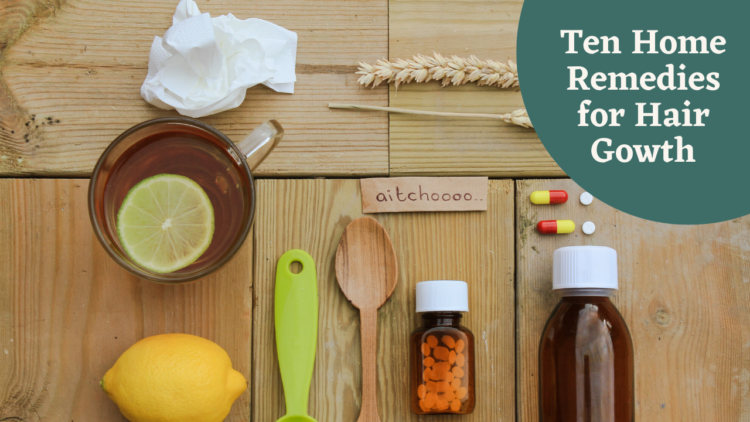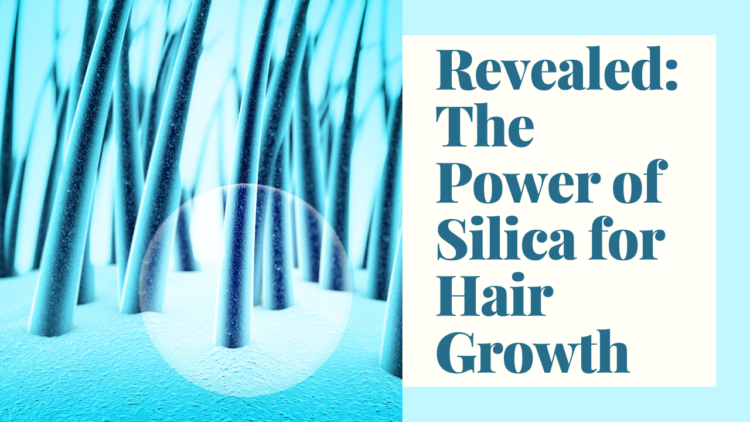Hair growth supplements companies are doing their best to formulate a product that gets your hair to grow. Often these products may work somewhat, and the ones that work best are usually the ones that include the most ingredients.
In fact, many of the hair growth supplements have ingredient lists that look similar to what’s in a multivitamin / multimineral formula.
That’s because there are three primary reasons for why your hair may not be looking its best is that you could have some vitamin or mineral deficiencies. For example, if you have a zinc deficiency, you could end up with hair loss. The zinc will affect hair growth and reproduction.
There are a few other reasons why you could have hair loss and need hair growth supplements.
1. You have an infection of the scalp, which is bacterial, parasitical, or fungal.
2. Your hormone levels are out of balance. You may have high testosterone and low estrogen as a female, or high testosterone as a male, which kills the hair follicles.
Each of these respond to better nutrition although if your hormone levels are out of balance, it’s best to work with your doctor to get them leveled out. And of course, if you do have an infection of the scalp, it’s best to get that treated so your hair can start to grow again. Some types of microbes will cause hair breakage, which contributes to further hair loss.
What Do Most Hair Growth Supplements Contain?
The primary ingredients found in hair growth supplements are any of the following:
- B vitamins especially biotin, inositol, choline and vitamin B6
- Antioxidant vitamins vitamin A, vitamin C, and vitamin E
- Minerals zinc, selenium, iodine, copper, and iron
- Amino acids L-methionine and L-cysteine
- Alpha-lipoic acid, MSM, and N-AC
- Omega 3
Some supplements may only contain five or six of the ingredients listed above. Others may contain almost all of them. A few may contain all of them.
There are some additional ingredients that may be found in hair growth supplements.
Some may contain herbs such as Korean red ginseng, the mushroom Polygonum multiflorum, Eclipta alba, Thuja orientalis, rosemary, or Fo-ti. These are herbs that have been used historically for centuries for hair loss and hair improvement.
Which supplements are the best? Certainly, the it would be the ones that contain the most ingredients in the right amounts your body needs.
Choosing the supplement with the most in it is much better than taking only one nutrient, thinking it will work. One ingredient by itself may or may not work, You will never be deficient in one nutrient alone; it doesn’t happen in nutrition since nutrients work together. It makes more sense to take a supplement that contains the most ingredients aimed at helping improve your hair.
The Missing Ingredient From Hair Growth Supplements
What is quite interesting is that many of the supplements on the market are overlooking a basic fact about hair, skin, and nails, muscle, and bone: these tissues are connective tissues that depend upon dietary silica for them to become strong.
It’s no wonder that they don’t add silica to their supplement. The nutrition boards of doctors that determine what nutrients are essential for the body don’t even acknowledge that silica is worthy of essential element status. Yet, when you do a little research on silica, you’ll find that not only has the soil been vastly depleted of this nutrient, but also there are only a few foods that have the mineral in it. Some of those foods include cucumbers, parsnips, and bell peppers.
Some hair growth supplements may contain small amounts of silica, but they are nowhere near the amount that is needed to get an excellent result in the hair and for hair growth. The dosage recommended is the amount of silica found in one heaping tablespoon food grade diatomaceous earth twice daily. This amount is usually added to protein shakes, juice, milk, or water. Diatomaceous earth isn’t tasteless but it is not a bad taste either.
For the past three years, I’ve recommended dietary silica in the form of diatomaceous earth to patients with all sorts of health issues that are related to connective tissue disorders. They might have hair loss, lack of hair growth, gum disorders, blood vessel disorders, bone and joint disorders, or muscle problems such as strain, tears, or injuries.
Every one of these problems has healed in record time, and I’ve been especially impressed with the results seen for those whose hair never grew much. They report that they have to get their hair cut about two weeks earlier than usual, and their hair has reached a new length they never had before in their entire life. I remember one patient in her 60s whose hair had grown past shoulder length. She was exceptionally happy about this and had wished she had found her secret to hair growth years earlier.
With diatomaceous earth, small hair loss patches on the scalp start to fill in, and over time look a lot better.
When it’s time for you to decide on a comprehensive hair growth supplement, choose wisely. Then start taking it regularly. Go the full distance and add the extra missing ingredient – dietary silica. You’ll be very happy with the results.




 If you eat a primarily meat based diet, you’re likely not getting enough silica. Silica is most abundant in plant life, and as such isn’t typically served as well in the normal American diet. If you eat your vegetables, you might get enough silica. Additionally, eating nuts, fruits, and whole grains do contain silica, but it’s not absorbed properly in the body through these foods. Supplements are the best method of insuring your silica levels are high enough, no matter what your diet consists of.
If you eat a primarily meat based diet, you’re likely not getting enough silica. Silica is most abundant in plant life, and as such isn’t typically served as well in the normal American diet. If you eat your vegetables, you might get enough silica. Additionally, eating nuts, fruits, and whole grains do contain silica, but it’s not absorbed properly in the body through these foods. Supplements are the best method of insuring your silica levels are high enough, no matter what your diet consists of.